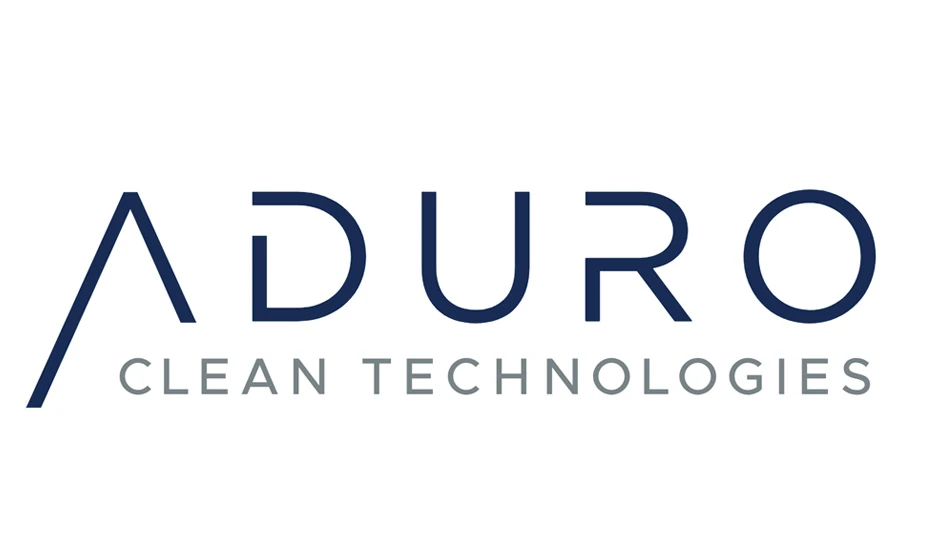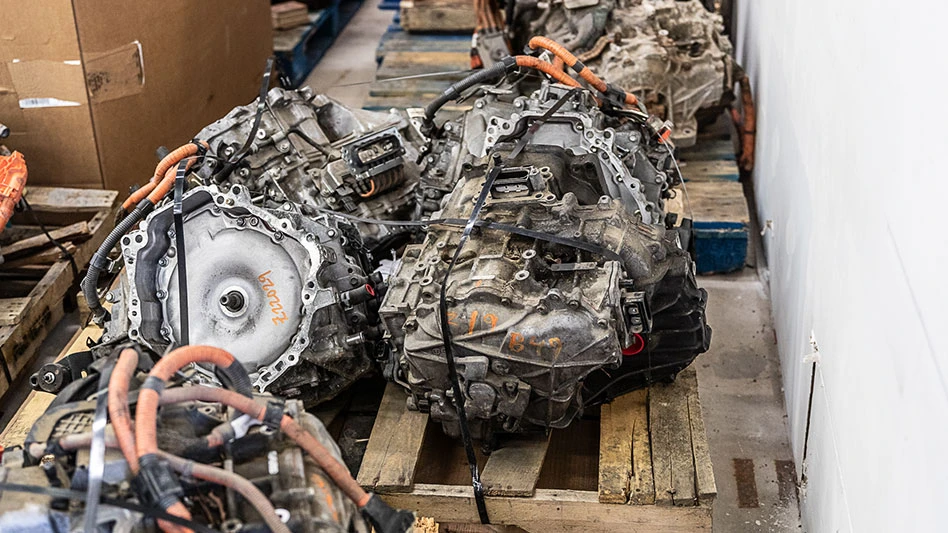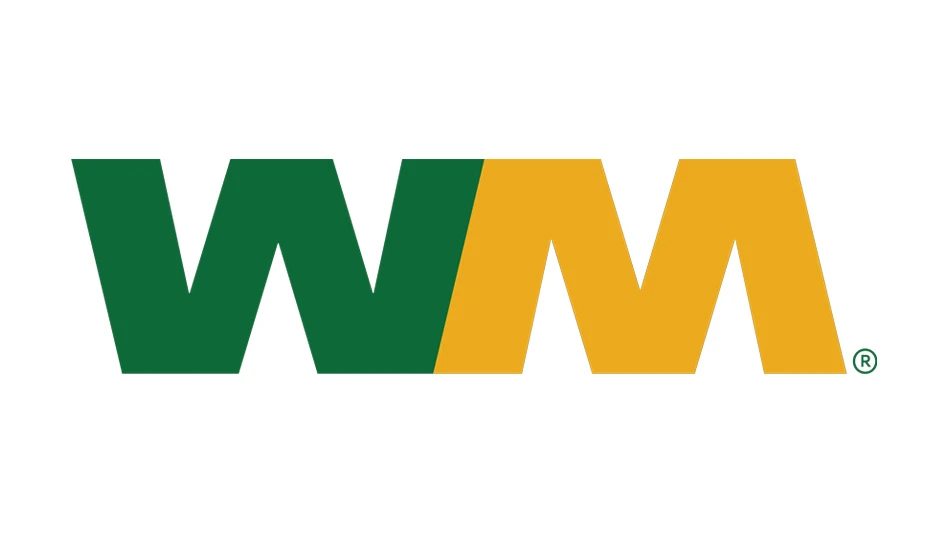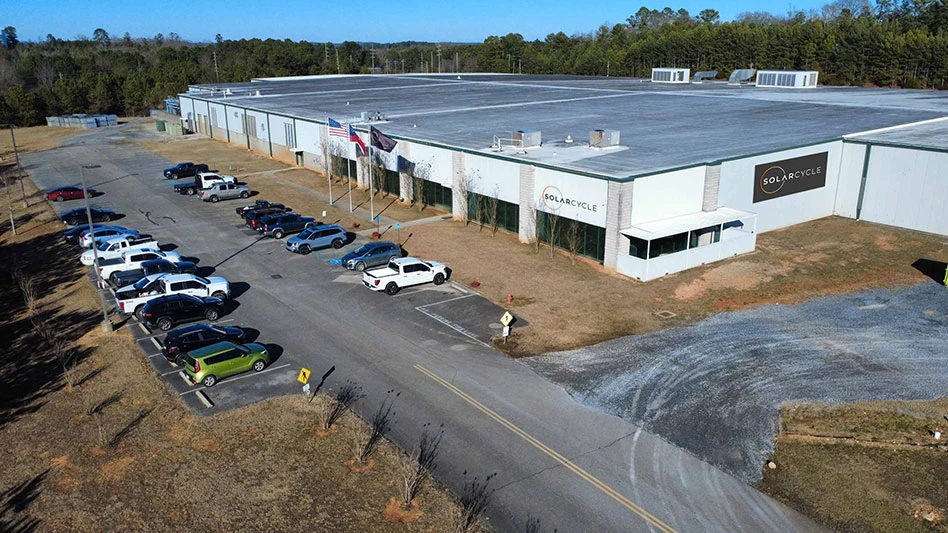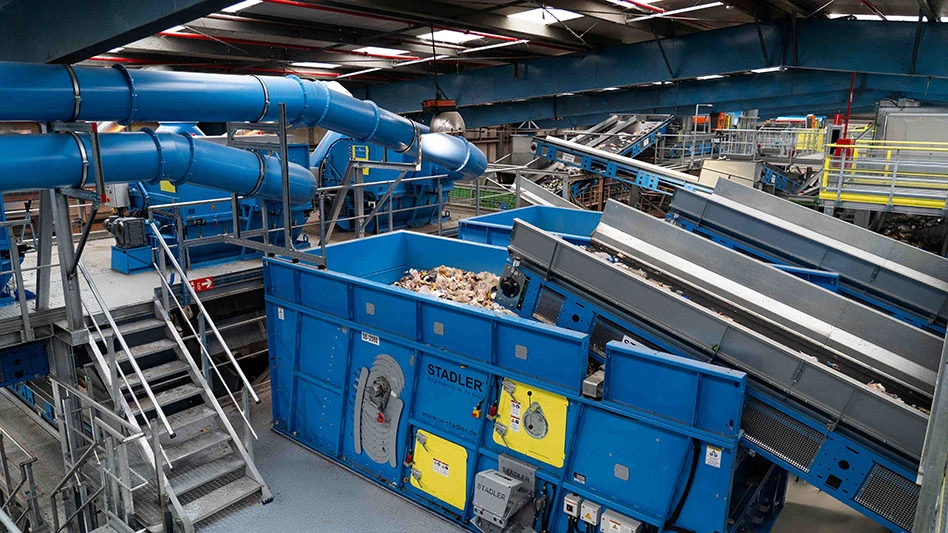
Pictured above: the MAS 75 extruder, which produces an output of up to 1,100 kilograms per hour, and the CDF-500-D, which offers 3,280 square centimetres of filter surface area and allows a throughput of 1,300 to 2,000 kilograms per hour.
Austrian extrusion machinery manufacturer Maschinen und Anlagenbau Schulz GmbH (MAS) will mark its 10th anniversary with the introduction of a new corporate identity in combination with new machine designs for its extruder and melt filter series at K 2016.
 |
The MAS 24 Lab Extruder |
The conical, co-rotating, twin-screw extruder is “the bread and butter” of the company, MAS says. Its large feed opening and gentle plasticisation process make it ideal for extrusion applications that require a high degree of thermal and mechanical polymer protection, the company says. This is particularly the case for recycling and compounding applications, as well as for film extrusion. MAS has delivered 110 units delivered throughout the last 10 years.
The second component of MAS’ technology is the waterless DRD (double-rotor-disc) cleaning and drying system for shredded film or fibres and regrind material, introduced in 2006. More than 50 of these machines have gone into operation around the world since 2006.
The third pillar of MAS technology, the CDF continuous melt filter, was introduced in 2011. Its design allows customers to process highly contaminated materials and help increase extruder capacity, the company says.
MAS says it plans to present three machines at K 2016, Hall 9 / Stand D 42, representing its latest product developments.
The MAS 24 Lab Extruder has been developed specifically for plastics manufacturers and compounders to develop formulas in a scientifically oriented manner and produce them in very small volumes, the company says. The highly compact build, with a screw length of just 400 millimetres and a diameter of 48 millimetres, narrowing down to 24 millimetres, is equipped with interchangeable mixing elements. The large feed opening makes it possible to process regrind material, flakes and finely ground film or fibres, MAS says. It also allows full control over shear strength and, thus, the melt temperature of the material by varying the screw speed (adjustable from 0 to 300 rpm). The maximum output of this lab machine is in the range of 10 to 35 kilograms per hour. The MAS 24 Lab Extruder will be presented in operation at K 2016 in combination with an underwater pelletizing unit.
MAS also will present the third generation of its conical, co-rotating, twin-screw extruder. It is available in six different sizes with output ranges from 10 kilograms per hour to more than 2,000 kilograms per hour. The characterising feature of MAS’ new extruder generation is its optimised machine design, according to the company. Its segmented barrel construction permits the exchange of individual barrel sections rather than the entire cylinder or the selective application of special wear protection to individual cylinder sections. The new series is exemplified by the MAS 75, which is suitable for an output of up to 1,100 kilograms per hour, the company says.
MAS says its technology has held a U.S. Food and Drug Administration "No Objection Letter" for food-contact grade recycling of polyethylene terephthalate (PET) since mid-2015 and meets all European Food Safety Authority (EFSA) criteria.
MAS also will exhibit the latest generation CDF (continuous disc filter) melt filter series, a leading continuous filter system for recycling applications. The CDF system has reached its current status thanks to a design that permits previously unattainable filtration surfaces, the company says. The smallest CDF 300 uses a 300-millimetre disc with a 792-square-centimetre filter surface area and is suitable for a melt throughput of 300 to 700 kilograms per hour. All other sizes use a 510-millimetre filter disc. The CDF 500, with one disc, offers a filtration area of 1,640 square centimetres (700 to 1,600 kilograms per hour). The next step up, the CDF-500-D (two parallel discs), offers twice the filter surface area at 3,280 square centimetres and allows a throughput of 1,300 to 2,000 kilograms per hour. The largest filter unit, with the designation CDF-500-D-P, consists of two parallel CDF-500-D units with a total of four filter discs and a filter surface area of 6,560 square centimetres. At a possible melt throughput of up to 4,000 kilograms per hour, it is currently one of the highest-performing units of its size on the market, MAS says.
The filter consists of a rotating screen combined with a continuous scraper system, which lifts the contamination from the screen surface and discharges it through an auger. The reusable filtration disc is made of surface-hardened steel and is available in filtration sizes ranging from 90 to 750 micrometres.
The filter system is now equipped with a new pneumatic scraper. MAS says this feature allows a higher degree of adjustability for the stable performance of the system.
Further features of the latest filter generation include optimised melt channels as well as changes to the heating system to heating plates and bands, improving the heating coefficient, according to the company.
Hartmut Bendfeldt, president of eFactor 3 LLC / MAS-America, represents MAS equipment in North American and can be contacted at hbendfeldt@efactor3.com or at hbendfeldt@mas-america.com. Stefan Lehner is sales manager for MAS GmbH and can be contacted at lehner@mas-austria.com.
Latest from Recycling Today
- Volatility wave hits copper pricing
- ArcelorMittal legal battle with Italy continues
- Altor program boosts EPS recycling
- IP to spin off non-North American operations
- Flexible Film Recycling Alliance report outlines progress
- RERF opens Avagliano award nominations
- Eriez expands European sales network
- Gränges increases sales volume in 2025
